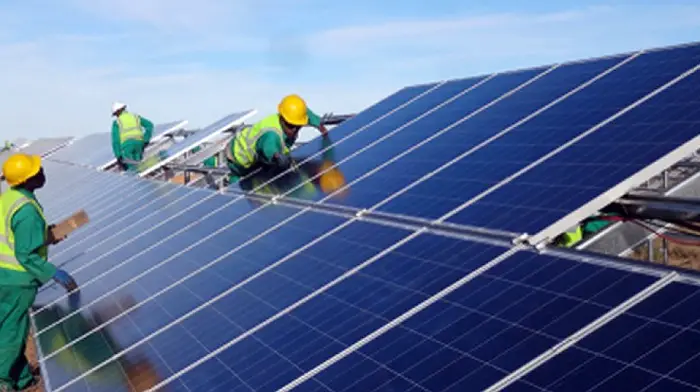The European Investment Bank (EIB) has signed a US $25 million financing plan for the installation of off-grid solar systems, to strengthen energy access in Africa.
According to the EIB vice president, Ambroise Fayolle, the focus countries are; Kenya, Tanzania, Ethiopia, Nigeria and Uganda. This project is going to boost power delivery to both rural and urban populations.
The bank is going to work with d.light Design to supply energy through solar kits rather than through grid connection. The kits are not expensive. They also utilize a pre-payment system.
Also read: AfDB strategises towards provision of power to rural Nigeria
EU financing will enable d.light design to develop the installation of solar kits. This include the panels and lamps, as well as low-energy equipment such as radios and TVs, in sub-Saharan Africa with the ambitious goal of reaching 10 million solar installations within five years.
“I am delighted that the EIB has signed this new financing with d.light in Africa for an off-grid solar project that will have a major economic and social impact on people and micro-entrepreneurs,” Fayolle said.
Sustainable development goals
Furthermore, the EU bank is ready to implement the Paris climate agreement and cooperate to achieve the sustainable development goals. This is especially when it comes to ensuring access to affordable, reliable and sustainable energy for all. Owing to its unique technical and financial expertise in the support of solar projects, the EIB will mobilize new investments to develop renewable energies in Africa.
The development of renewable energies and climate action are major priorities both inside and outside the EU.
The EIB has plans to expand its activities so as to support the development of solar power infrastructure in developing regions to support emerging economies. Since 2002, the EIB has allocated US $7.9bn to finance solar projects. Of this, 50% going to the emerging and developing economies.

Leave a Reply